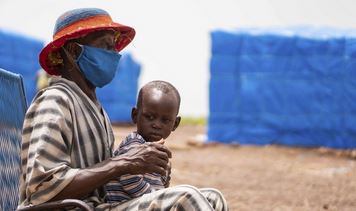Covid-19: a double penalty for the most vulnerable populations

According to the UN, the novel coronavirus still continues to pose challenges with regard to the unequal treatment suffered by the most vulnerable people such as indigenous peoples, people of African descent, people of Asian descent, migrants, asylum seekers and refugees.
Although the third wave of Covid-19 contamination is over, the general situation remains complicated due, in particular, to the virulence of the famous Delta variant. As for vaccination, it is constantly progressing too slowly. Rich countries have pledged to deliver large amounts of doses by the end of the year, but vaccine skepticism and reluctance remains high in many areas.
But these are not the only problems caused by the crisis. According to the UN, the novel coronavirus still continues to pose challenges with regard to the unequal treatment suffered by the most vulnerable people such as indigenous peoples, people of African descent, people of Asian descent, migrants, asylum seekers and refugees.
For the Director of Human Rights Council and Treaty Mechanisms Division, Office of the High Commissioner for Human Rights, Mahamane Cissé-Gouro, beyond the pandemic, conflicts and poverty force people to leave their homes in search of a better and lasting existence elsewhere. Sometimes these people are trafficked and subjected to considerable hardship and rejection along the way.

